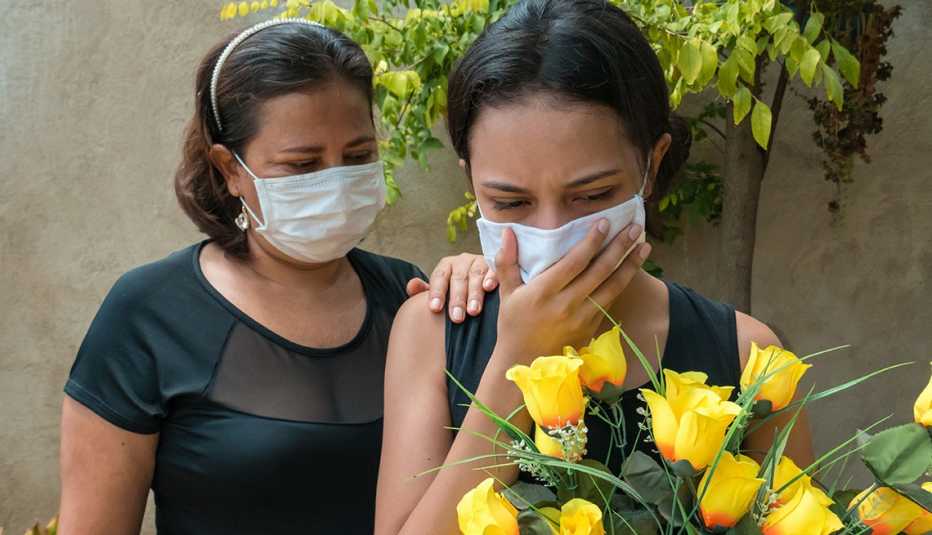AARP Hearing Center
A homeopathic doctor from Napa, California, who was arrested Wednesday has become the first person in the U.S. to face federal criminal charges for allegedly falsifying COVID-19 vaccination cards, officials said.
Juli A. Mazi, 41, is accused of taking steps to make it appear that clients had received two doses of the Moderna vaccine, Department of Justice (DOJ) officials said. In fact, Mazi exploited fears among the public by fraudulently claiming that the FDA-authorized COVID-19 vaccinations contained “toxic ingredients,” a court affidavit says.
Pushing pellets over shots
The accusation against Mazi alleges that instead of administering one of the three authorized vaccines, she sold her clients “homeoprophylaxis immunization pellets.” Homeoprophylaxsis involves exposing an individual to diluted amounts of a disease, which supposedly stimulates the immune system and confers immunity.
Mazi told clients the pellets would provide “lifelong immunity to COVID-19,” but a National Institutes of Health (NIH) expert called the claim “absolutely false,” the affidavit says.
The NIH, on its website, says there is little evidence to support homeopathy as an effective treatment for any specific health condition.




































































